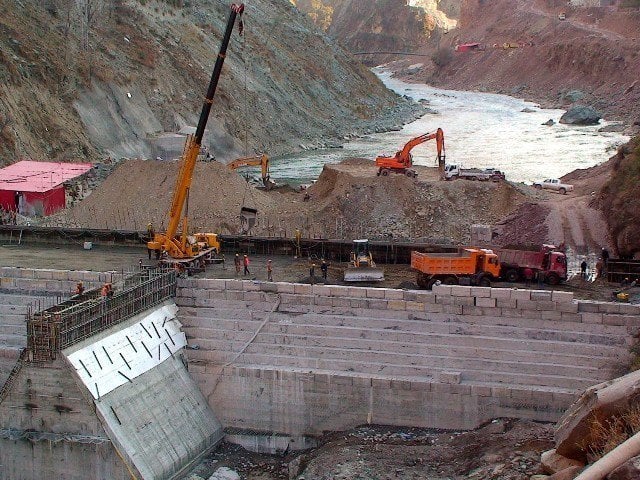China Three Gorges South Asia Investment Limited (SCAIL) has agreed to delay the development of its 1,124 MW Kohala Hydropower Project, citing unresolved issues over the Letter of Support (LoS) extension, BR reported.
The Power Division has raised concerns over electricity costs and the inclusion of new projects in the Indicative Generation Capacity Expansion Plan (IGCEP).
The Power Division has maintained that it will not incorporate new projects into the IGCEP, even those categorised as strategic, if their costs burden consumers. The Kohala project, considered a strategic initiative, is one of several renewable energy ventures spearheaded by the Chinese firm in Pakistan.
China Three Gorges South Asia Investment achieved the Commercial Operation Date (COD) for Pakistan’s first 720 MW Karot Hydropower Project on June 29, 2022.
Kohala, along with the 640 MW Mahl Hydropower Project in Azad Jammu and Kashmir (AJK), forms part of SCAIL’s broader renewable energy strategy.
Key agreements for Kohala, including the Implementation Agreement (IA), Power Purchase Agreement (PPA), and Water Use Agreement (WUA), have already been signed. Both the Engineering, Procurement, and Construction (EPC) contractor and the owner’s engineer have been appointed. However, financial closure has been delayed due to unresolved issues with Sinosure insurance.
The Letter of Support, originally valid until September 30, 2024, was approved for extension by the Private Power and Infrastructure Board (PPIB) to September 2027 during its 144th meeting. The project’s performance guarantee of $5.62 million has also been extended until December 2027.
Despite these measures, the LoS extension remains pending due to Power Division objections regarding costs and the IGCEP framework under the National Electric Power Regulatory Authority’s (NEPRA) review.
To address these challenges, SCAIL proposed a phased adjustment to the Kohala project’s development timeline, aligning its commissioning with projected demand growth. During this period, the company intends to reassess the project’s design, cost, and financing structure to ensure a competitive and affordable tariff.




